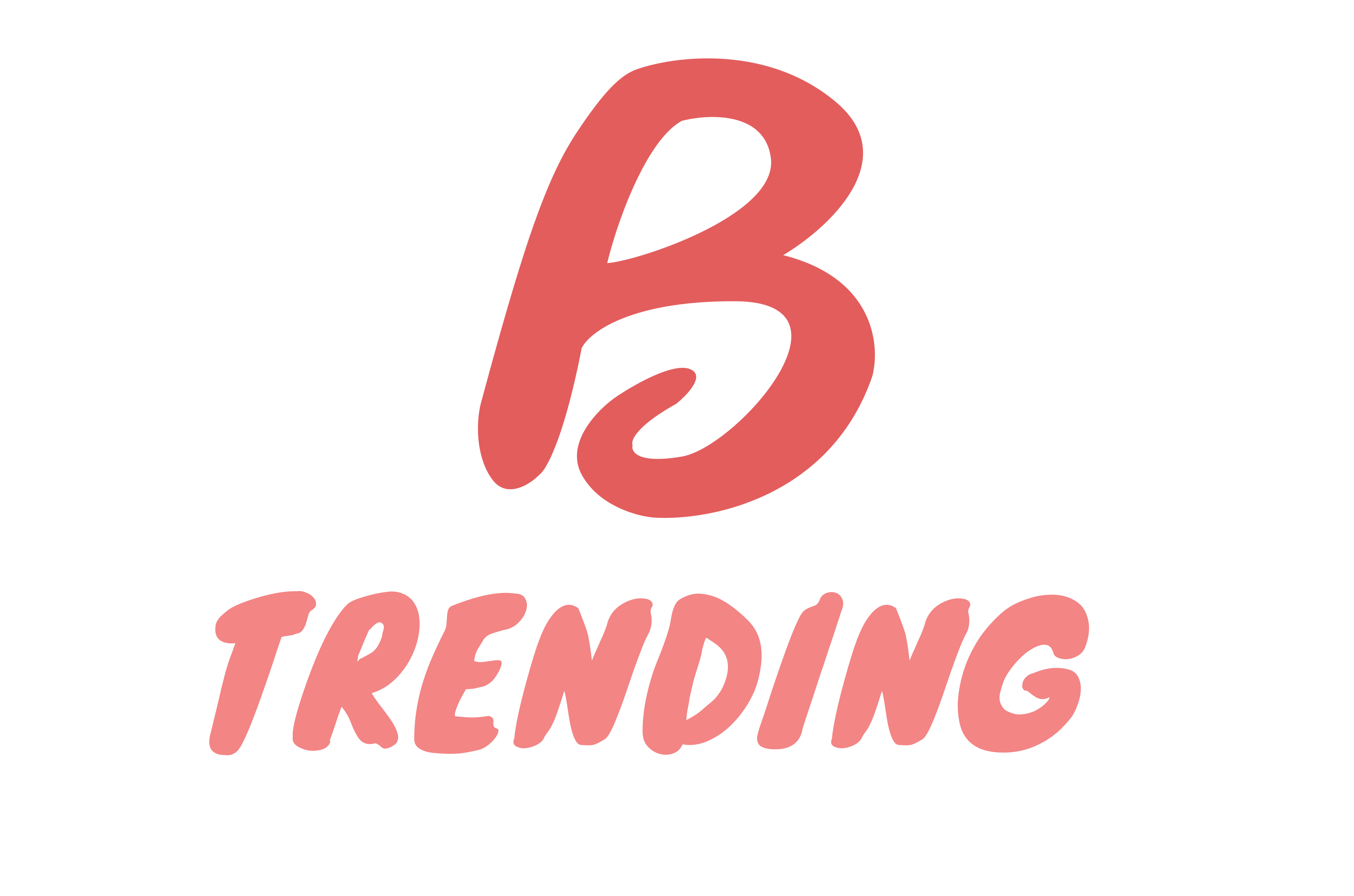Gen Z, born between the mid-1990s and early 2010s, is beginning to enter the workforce in significant numbers. As the youngest generation in the workplace, Gen Z brings a unique set of characteristics, preferences, and values that shape and influence work environment dynamics. That being said, here's how Gen Z impacts the workplace.
Tech-Savvy and Digital Natives
Gen Z is often called digital natives because they have grown up surrounded by technology and the internet. This generation is highly tech-savvy and deeply understands digital tools and platforms.
Their proficiency with technology brings new perspectives and innovative ideas to the workplace. Gen Z's comfort with digital communication and collaboration tools also allows for greater flexibility in work, enabling remote work and virtual team collaboration.

Martin Novak/ Shutterstock | Tech-savvy individuals embrace emerging technologies as tools for efficiency, productivity, and growth
Embracing Diversity and Inclusion
Gen Z is known for being one of the most diverse generations, valuing inclusivity and representation. They prioritize diversity in the workplace and expect employers to do the same. Gen Z's impact on the workplace increases efforts to create diverse and inclusive work environments.
Companies are actively working to foster diversity in their hiring practices, promote inclusivity through employee resource groups, and address issues of unconscious bias. Gen Z's emphasis on diversity and inclusion is helping to reshape workplace culture and policies.
The Desire for Meaningful Work
Gen Z strongly desires meaningful work that aligns with their values and positively impacts society. They are less motivated by traditional markers of success, such as money and prestige, and more focused on finding purpose in their work.
This generation seeks job opportunities that allow them to contribute to causes they care about and make a difference in the world. As a result, companies are adapting by incorporating social and environmental responsibility into their business practices to attract and retain Gen Z talent.

Shutterstock/ iStock | The best way to predict the future is to create it
Entrepreneurial Mindset
Gen Z is characterized by an entrepreneurial mindset driven by their desire for autonomy, innovation, and personal fulfillment. This generation is more likely to consider starting their businesses or engaging in freelance work than previous generations.
Their entrepreneurial spirit is reshaping traditional work structures and challenging the notion of traditional employment. Companies are adapting by offering more flexible work arrangements and creating opportunities for employees to take ownership of their projects and ideas.
Preference for Continuous Learning
Gen Z values continuous learning and professional development. They are eager to acquire new skills and knowledge to stay relevant in a rapidly changing work landscape.
This generation embraces lifelong learning and seeks out opportunities for growth and advancement. To cater to this preference, employers invest in training programs, mentoring initiatives, and flexible learning options to support Gen Z's desire for continuous improvement.
Emphasis on Work-Life Balance
Work-life balance is a top priority for Gen Z. They place a high value on personal well-being, mental health, and a fulfilling life outside work. Gen Z seeks flexible jobs, such as remote work options or flexible hours, to accommodate their desire for work-life integration.
Employers are responding by implementing flexible policies and creating supportive work environments prioritizing employee well-being.

Shutterstock/ iStock | Finding the right work-life balance is a personal journey
Collaborative and Team-Oriented
Gen Z grew up in an era of collaborative learning and group projects. They are accustomed to working in teams and value collaboration and open communication. This generation thrives in environments that encourage teamwork, brainstorming, and collective problem-solving.
Employers are adapting by fostering a collaborative work culture, providing opportunities for cross-functional collaboration, and implementing tools and platforms that facilitate teamwork and knowledge-sharing.





